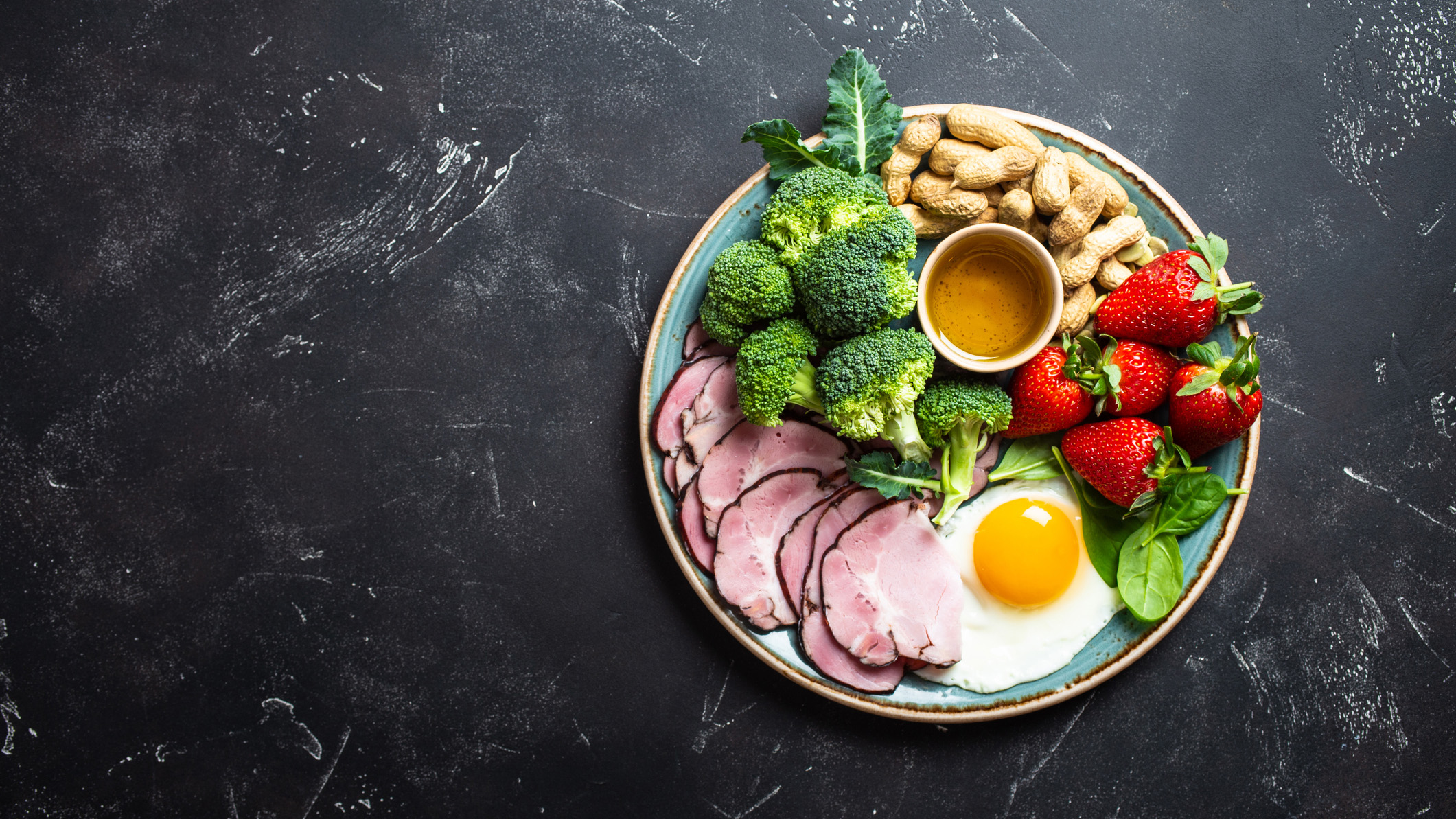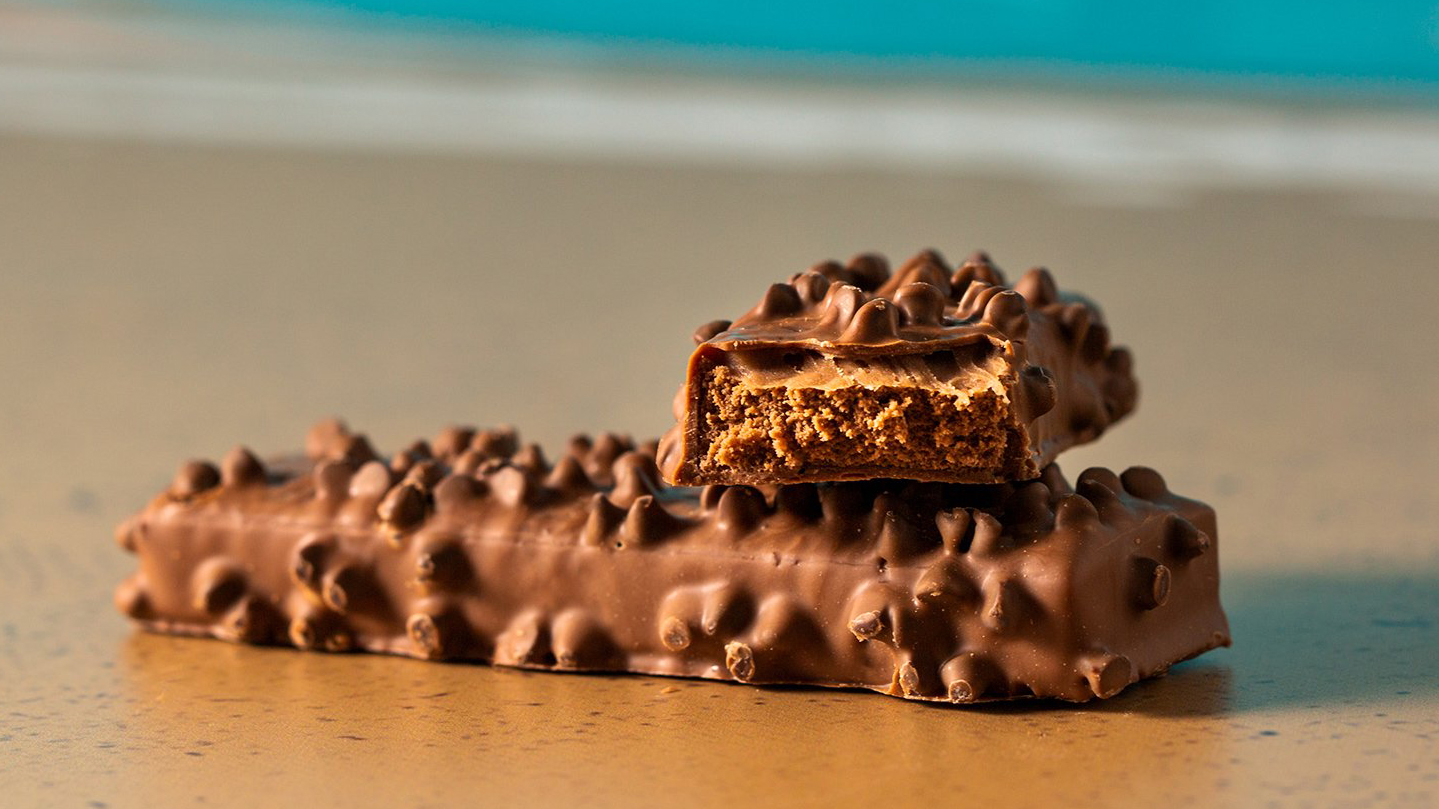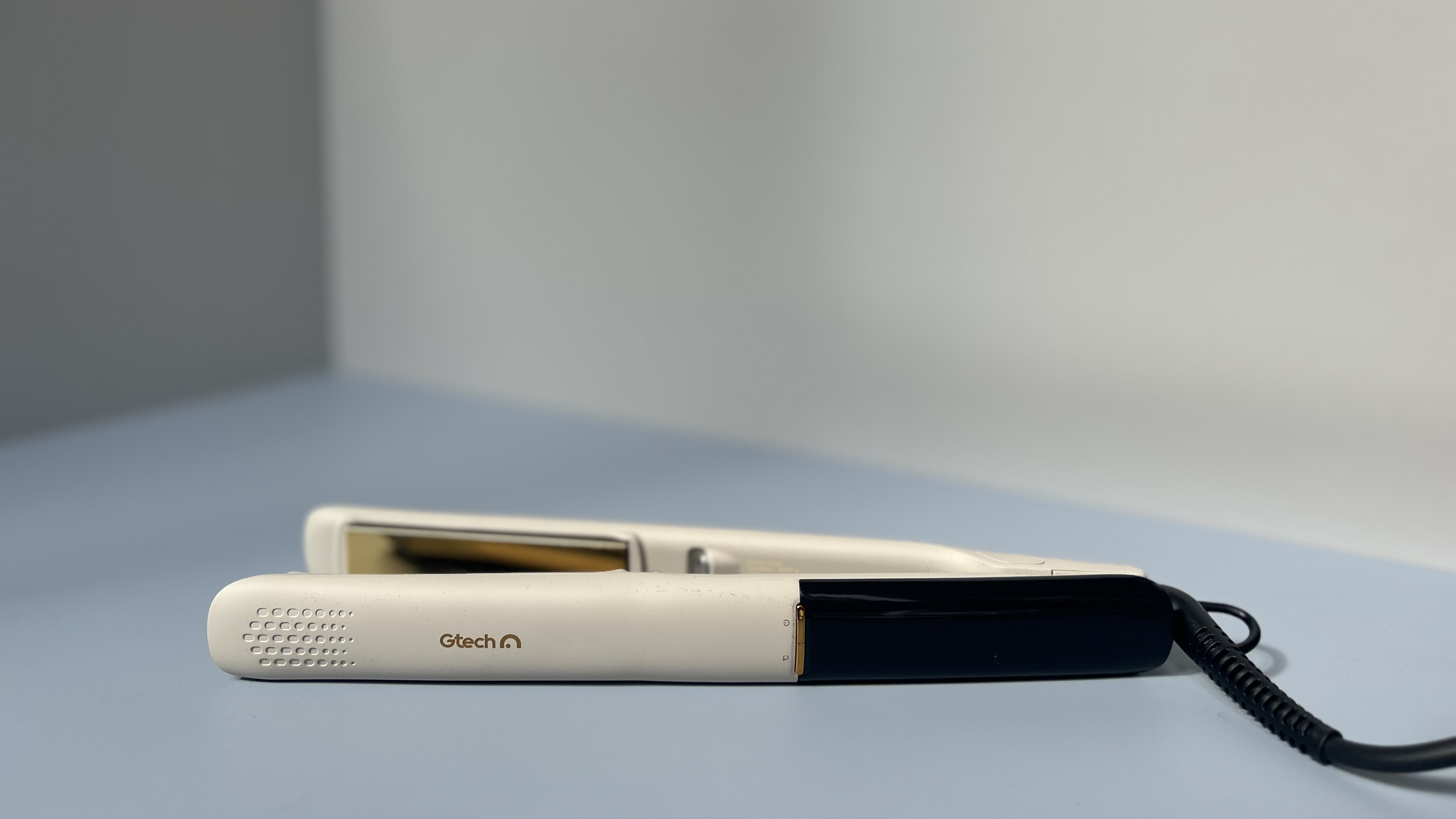

Many 'hardgainers' ask themselves the question 'how can I gain weight when I'm so skinny', especially men who look at social media fitness influencers on Instagram a little bit too much. The short answer to this question is that the best way to build lean muscle – since we can assume that's what you mean when you say you want to gain weight – is to put the effort in. Rome wasn't built in a day, nor can you sculpt a body of Adonis overnight, sadly.
Putting on weight for some people is equally as big of a problem as it for others to lose weight. And similarly, there could be a number of reasons why this is the case, including genetic predisposition, metabolism, gut microbiome composition, hormone levels etc. The sad and unfair truth is, you might just have to work harder than others to put on weight, simple as that.
That said, there are some tips and tricks that might help you put gain weight and build muscle faster than just eating rice and chicken all day, every day. It goes without saying but if you're trying to gain weight for medical reason, this guide should not be your primary source of information and you'd better consult a medical professional before you implement any changes in your diet.
Check your TDEE
TDEE stands for Total Daily Energy Expenditure and it is the number of total calories you burn a day, including basal metabolic rate – calories your body needs just to exist – and active calories. You can find free TDEE calculators online (here is one) which can give you an approximate idea of how many calories you're using right now which presumably maintains your weight. You would want to eat more than this in order to start gaining weight.

Keep a keen eye on your macro-balance
There are three main groups of macronutrients your body needs to survive: protein, lipid (fat) and carbohydrate (or carbs for short). Western diet is a high carbohydrate. low fat and low protein diet that is proven to be 'great' for weight gain (not in a good way). In order to build muscle, you'll need a high carbohydrate, moderate protein and at least moderate fat macro-mix so you can fuel muscle growth and repair as well as consume enough calories to boost weight gain.
Consider weight gainer supplements
Weight gainer supplements are high protein, high carb shakes that you can consume at any point during the day but it's recommended that you have them not long after workouts. Essentially, weight gainers are special type of protein powder that has loads of calories. Avoid ones that have a high sugar content and too many additives. Stuff like Naked Nutrition's Naked Mass is a good option for those who need a 'clean' weight gainer.
Read more about this subject here: mass gainer vs protein powder.
Sign up to the T3 newsletter for smarter living straight to your inbox
Get all the latest news, reviews, deals and buying guides on gorgeous tech, home and active products from the T3 experts

Add 'liquid calories' to your diet
We tend to think that liquids don't have many calories in them but this couldn't be further from the truth. Adding high calorie liquids to your diet is an easy way to increase calorie intake without noticing it too much. Good example of high calorie drinks are milky coffees or the aforementioned mass gainers, but you can also concoct your own drink by mixing water/milk/milk-substitute with protein powder, oats, berries and peanut butter.
Good fats are your friend
Speaking of peanut butter: nut butters are extremely energy dense foods, meaning they are small in volume but high in calories. They are also high in unsaturated fat, a.k.a. 'good fat'. Other food stuff that have high 'good fat' content include olive oil, oily fish, avocado etc. Eating these calorie-dense foods will help you pack on the pounds fast.
Eating just two heaped teaspoon of peanut butter a day can add around 400 calories to your diet. Add them to shakes and you won't even notice them. Avoid products with added palm oil and sugar, though.

Opt in for calorie-dense snacks
Nuts are great snacks, and not just in butter form. Most type of nuts are high in unsaturated fats and calories, making them perfect snacks throughout the day for those who struggle to put on weight. Protein bars are also a good option to add more calories
Plan your meals in advance
Probably the best way to ensure you hit your calorie/macro goals every day is to plan ahead. Meal planning doesn't mean you need to slave away in the kitchen every evening but being mindful about what you're going to eat the next day or week can help you take the stress away, having to come up with foods on the fly each time you enter the kitchen.Meal prepping is also a good idea but admittedly, a bit more laborious, but if you're taking gaining mass seriously, you might as well start taking 'fuelling your body' seriously too.

Train for mass
Okay, so started eating all that food: what's next? What you really want to do is to turn all those calories into tissue, right? Without exercising, your muscles won;t need the surplus calories so they will either empty out of your system or get stored as fat in the adipose tissues.
So you need to start training properly and frequently. Resistance training will turn those calories into muscle tissue over time. If you want to get your muscle to grow, you should train for mass, as opposed to strength or endurance. For this, do exercise in sets of 8-12, 3-4 sets at a time. Use weights heavy enough to be able to complete the sets just about and focus on the muscles you're working on during the workouts.
Understand the difference between 'rest' and 'not working out'
Training is important but so is rest. Your muscles get 'damaged' during workouts but what makes them bigger is the repair process that happens after the workouts, especially when you're asleep, hence why a decent sleeping pattern is essential for muscle growth.
What is not essential is taking every other day off for 'rest'. How long you need to rest your muscles will depend on a lot of factors and you will have to be the judge of when they feel recovered, but it's important to keep in mind that you can rest some muscles while working out others.
A good way to cram in more workouts without 'resting' is by following a push-pull-leg workout. In this setup, on 'push' days you rest your 'pull' muscles and vice versa.
That said, any type of resistance training will build muscle over time as long as you follow a progressive overload pattern and switch things up every now and then. Inserting a week or two of full body workouts and kettlebell workouts into your workout pattern will keep your muscles on their toes.

Matt Kollat is a journalist and content creator who works for T3.com and its magazine counterpart as an Active Editor. His areas of expertise include wearables, drones, fitness equipment, nutrition and outdoor gear. He joined T3 in 2019. His byline appears in several publications, including Techradar and Fit&Well, and more. Matt also collaborated with other content creators (e.g. Garage Gym Reviews) and judged many awards, such as the European Specialist Sports Nutrition Alliance's ESSNawards. When he isn't working out, running or cycling, you'll find him roaming the countryside and trying out new podcasting and content creation equipment.
-
 Gtech’s haircare debut starts strong with these new straighteners – I'm impressed
Gtech’s haircare debut starts strong with these new straighteners – I'm impressedI've been excited to try these for a while
By Lizzie Wilmot
-
 I loved the Ressence Type 7 at Watches and Wonders – but the real gem has lurked in its catalogue for six years
I loved the Ressence Type 7 at Watches and Wonders – but the real gem has lurked in its catalogue for six yearsYou've never seen a watch like this
By Sam Cross